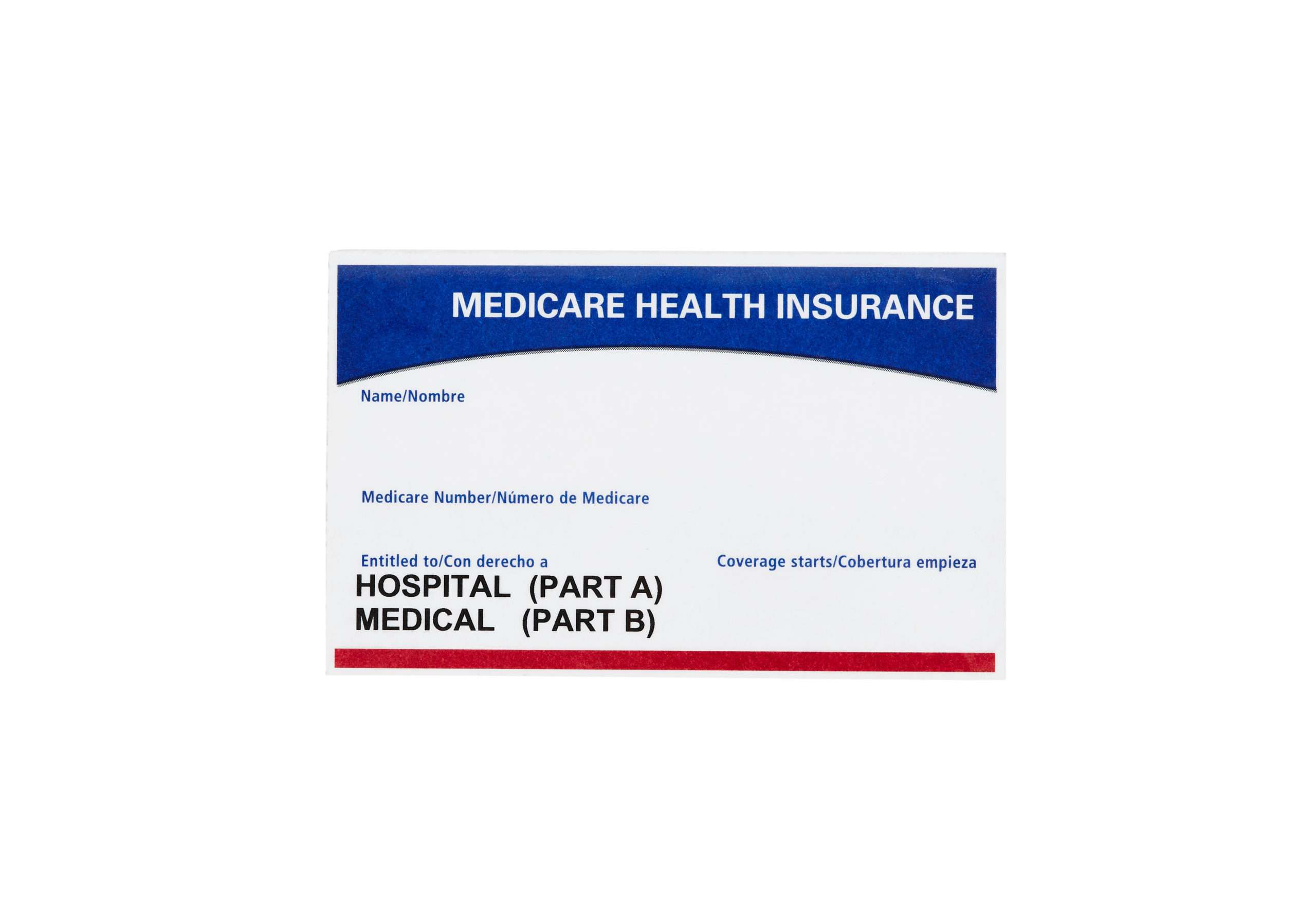Types Of Medicare Advantage Plans
What Are The Different Types Of Medicare Advantage Plans?
Medicare Part C Coverage Details Can Vary Depending On The Insurance Company, So It’s Always A Good Idea To Compare The Medicare Advantage Plan Options In Your Specific Location. The Following Are Types Of Medicare Advantage Plans That May Be Available In Your Location:
- Health Maintenance Organization (HMO) Plans: These Plans Offer A Network Of Doctors And Hospitals That Members Are Generally Required To Use To Be Covered. Because Of This, HMOs Tend To Have Strict Guidelines, Meaning That Any Visits And Prescriptions Are Subject To Plan Approval. If You Use Providers Outside Of The Plan Network, You May Need To Pay The Full Cost Out Of Pocket (With The Exception Of Emergency Or Urgent Care). You Generally Need To Get A Referral From Your Primary Care Doctor To See A Specialist.
- Preferred Provider Organization (PPO) Plans: Medicare Advantage PPO Plans Offer A Network Of Doctors And Hospitals For Beneficiaries To Choose From. Unlike An HMO, You Have The Option To Receive Care From Health-Care Providers Outside Of The Plan’s Network, But You May Pay Higher Out-Of-Pocket Costs. Most Medicare Advantage PPOs Don’t Require You To Have A Primary Care Doctor, And You Don’t Need Referrals For Specialist Care.
(Out-Of-Network/Non-Contracted Providers Are Under No Obligation To Treat <Plan/Part D Sponsor> Members, Except In Emergency Situations. For A Decision About Whether We Will Cover An Out-Of-Network Service, We Encourage You Or Your Provider To Ask Us For A Pre-Service Organization Determination Before You Receive The Service. Please Call Our Customer Service Number Or See Your Evidence Of Coverage For More Information, Including The Cost-Sharing That Applies To Out-Of-Network Services.) - Private Fee-For-Service (PFFS) Plans: This Type Of Plan Allows Visits To Any Medicare-Approved Doctor Or Hospital, As Long As The Plan’s Terms And Conditions Of Payment Are Accepted By The Provider. Keep In Mind That You’ll Need To Find Providers That Contract With The Plan Each Time You Are Receiving Treatment.
- Special Needs Plans (SNPs): These Plans Limit Enrollment To Beneficiaries Who Have Certain Chronic Conditions, Are Institutionalized, Or Qualify For Both Medicare And State Medicaid (Also Known As Dual Eligibles). Benefits, Provider Options, And Prescription Drugs Are Tailored To Meet The Needs Of The Plan’s Enrollees.
- Medicare Medical Savings Account (MSA) Plans: These Plans Combine A High-Deductible Medicare Advantage Plan With A Medical Savings Account. Every Year, Your MSA Plan Deposits Money Into A Savings Account That You Can Use To Pay For Medical Expenses Before You’ve Reach The Deductible. After Your Reach The Deductible, Your Plan Will Begin To Pay For Medicare-Covered Services. These Plans Don’t Cover Prescription Drugs; If You Want Medicare Part D Coverage, You May Enroll In A Stand-Alone Medicare Prescription Drug Plan.















